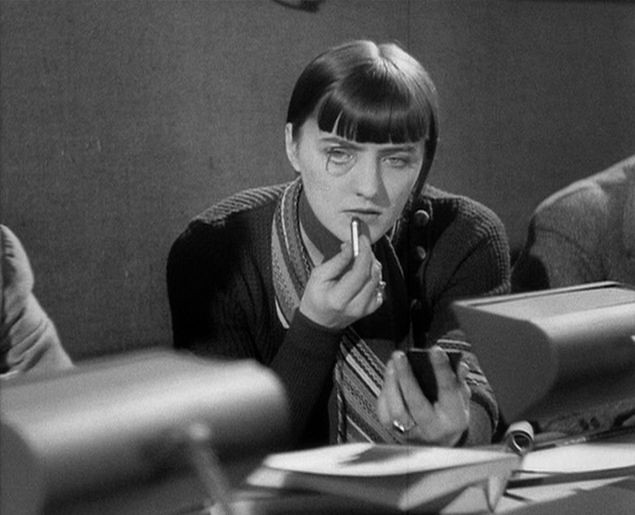German film series finishes with ‘Dr. Mabuse’
Hosted by Professor of Foreign Languages Dave Limburg, the “Struggle for Justice” film series ended on Wednesday, Dec. 11 with a showing of “The Testament of Dr. Mabuse” by famed director Fritz Lang. The film series showcased movies that were created during the era of the Weimar Republic; and all the films highlighted the disorder, chaos and social upheaval that occurred in a post-World War I Germany.
One could say that “Dr. Mabuse” is an amalgamation of various Weimar-era movies and plays. Stylistically and thematically, it contains elements from Lang’s earlier pre-noir film, “M.” Certain shots also echo his famed collaboration with his then-wife Thea von Harbou, “Metropolis.” Themes about the destructiveness of industry can be found in Georg Kaiser’s 1918 play, “Gas,” while the concept of a doctor who uses hypnosis to manipulate people is a defining aspect of Robert Wiene’s “The Cabinet of Dr. Caligari.”
The Weimar Republic crumbled in 1933, only to be succeeded by Nazi Germany. It’s only fitting that “Dr. Mabuse,” which was released in 1933 as the Nazis were seizing control, is the last cry of Weimar-era art, encapsulating all of its multitudes.
“Dr. Mabuse” has continued to inspire films to this day. The Joker in Christopher Nolan’s 2008 Batman movie, “The Dark Knight,” was influenced by the character of Dr. Mabuse and his monologues ruminating over chaos.
“Clear inspiration (was drawn from ‘Dr. Mabuse’) for Heath Ledger’s
Joker in ‘The Dark Knight,’ with that whole concept of ‘I want to see the world burn.’” said Early College Student Fenway Donegan in a post-movie discussion. “‘It’s not about the money, society must crumble. The police can’t protect you.’ That’s all dialogue from ‘The Dark Knight.’”
Lang claimed that he was approached by Minister of Propaganda Joseph Goebbels to make films for the Third Reich (Goebbels had expressed an admiration for “Metropolis”), which prompted Lang to promptly flee the country. While this account is debated as Goebbels’ diary possesses no mention of meeting with Lang and Lang’s passport shows he did not leave Germany until months later, modern viewers often note an anti-Nazi sentiment in the film, which Lang corraborates, stating that “slogans and doctrines of the Third Reich have been put into the mouths of criminals in the film.”
“I think Mabuse’s whole ‘Empire of Crime’ has to do with early Nazism,” said senior Dylan Mask. “‘These SA men are violent criminals’ was certainly the outlier opinion in 1933.”
“I’ve watched very few black and white films prior to this, but I really liked the Weimar Republic vibe in these movies,” Donegan said.










